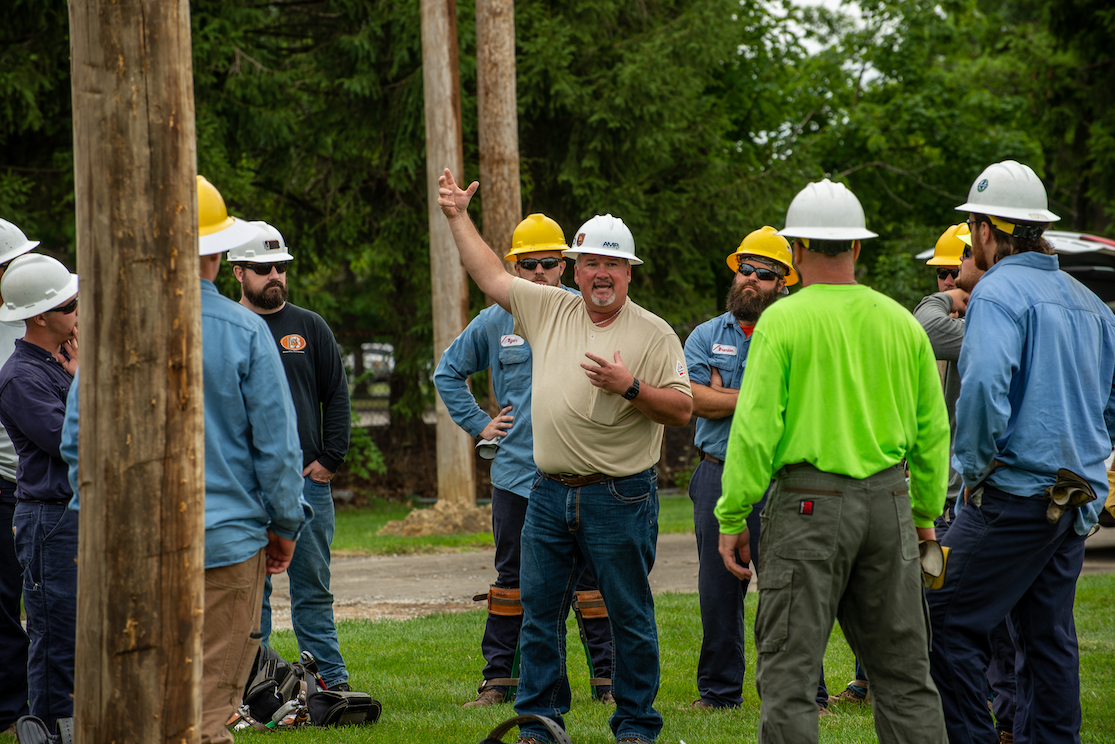
Technical Training Programs
AMP training programs are designed specifically for Member municipal electric systems seeking high-quality training designed to enhance safety and lead to greater system reliability and customer satisfaction.
American Municipal Power, Inc. (AMP) was established in 1971 to own or operate electric facilities or manage the generation, transmission and distribution of electric power and energy to its Members.

AMP training programs are designed specifically for Member municipal electric systems seeking high-quality training designed to enhance safety and lead to greater system reliability and customer satisfaction.
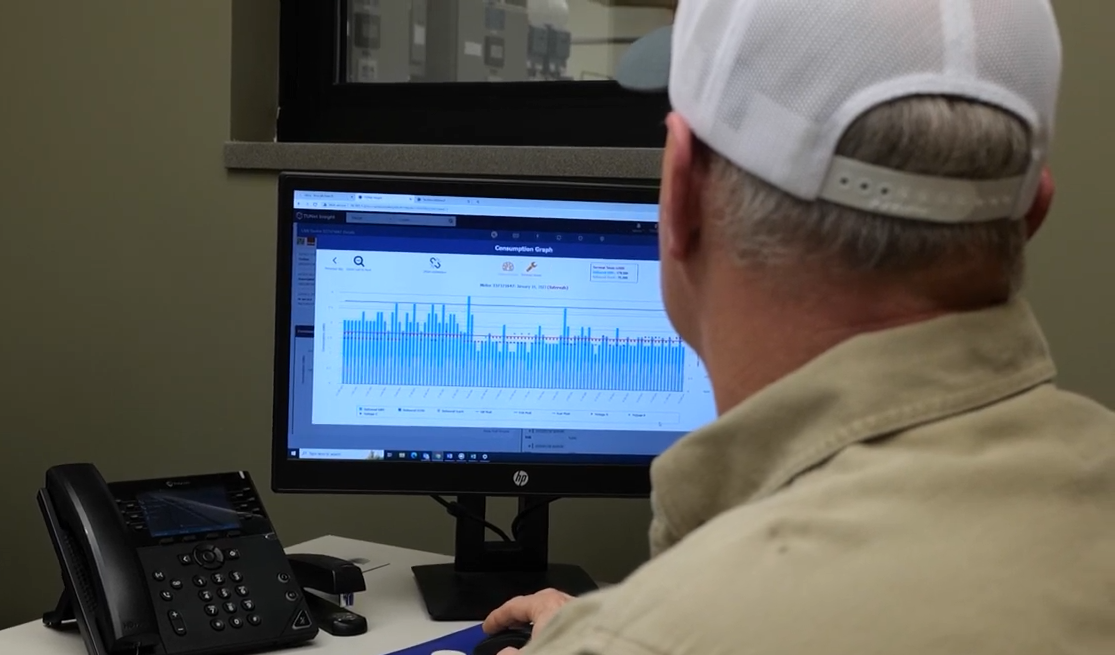
The AMP AMI Program offers public power utilities an advanced metering infrastructure solution purpose built for the unique needs.
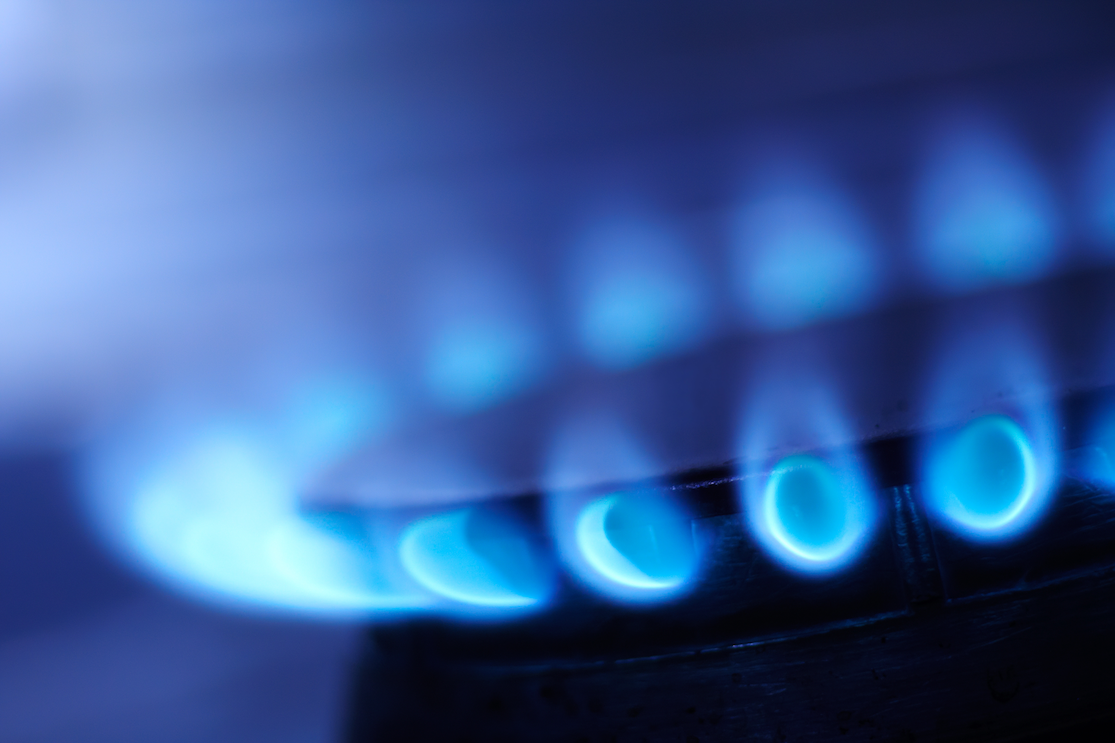
Through its wholly owned taxable subsidiary, AMPO, Inc., AMP provides consulting services to both electric and natural gas aggregations.
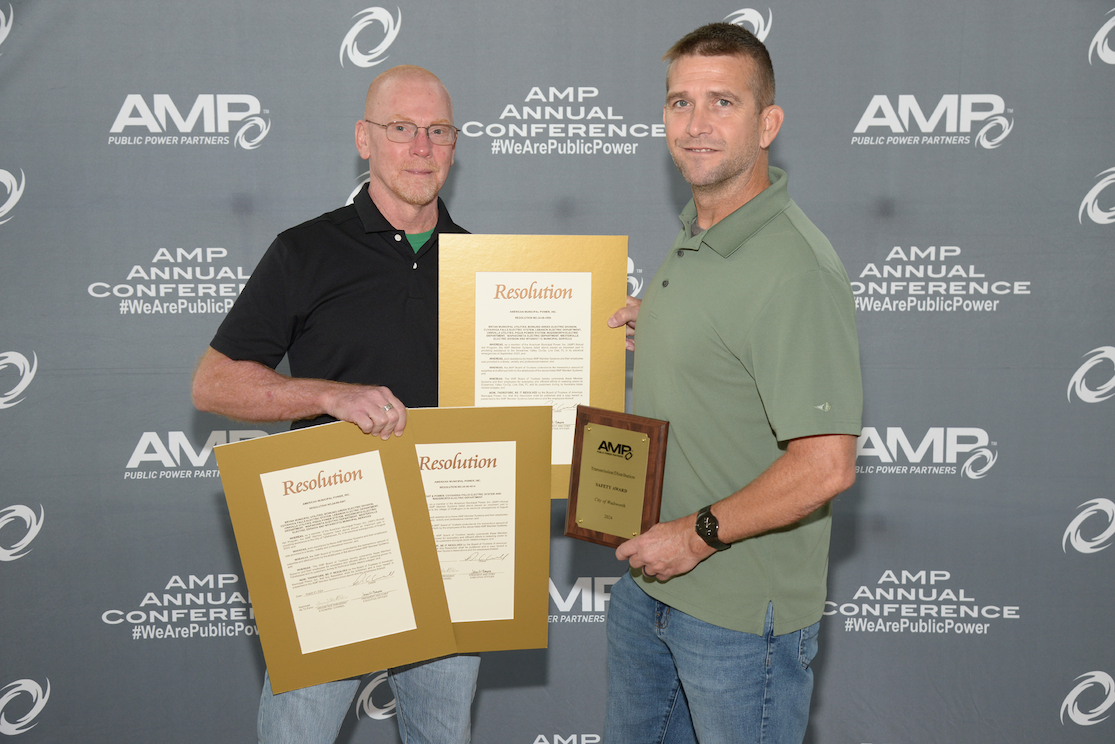
The AMP Awards Program provides a great opportunity for AMP Members to draw attention to outstanding projects and people in their communities.
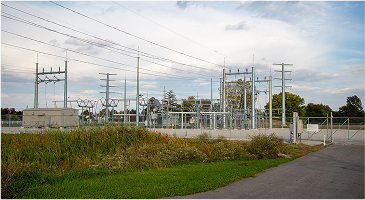
AMP Transmission, LLC (AMPT) was formed in 2018 to improve reliability and provide transmission service to AMP’s Members.
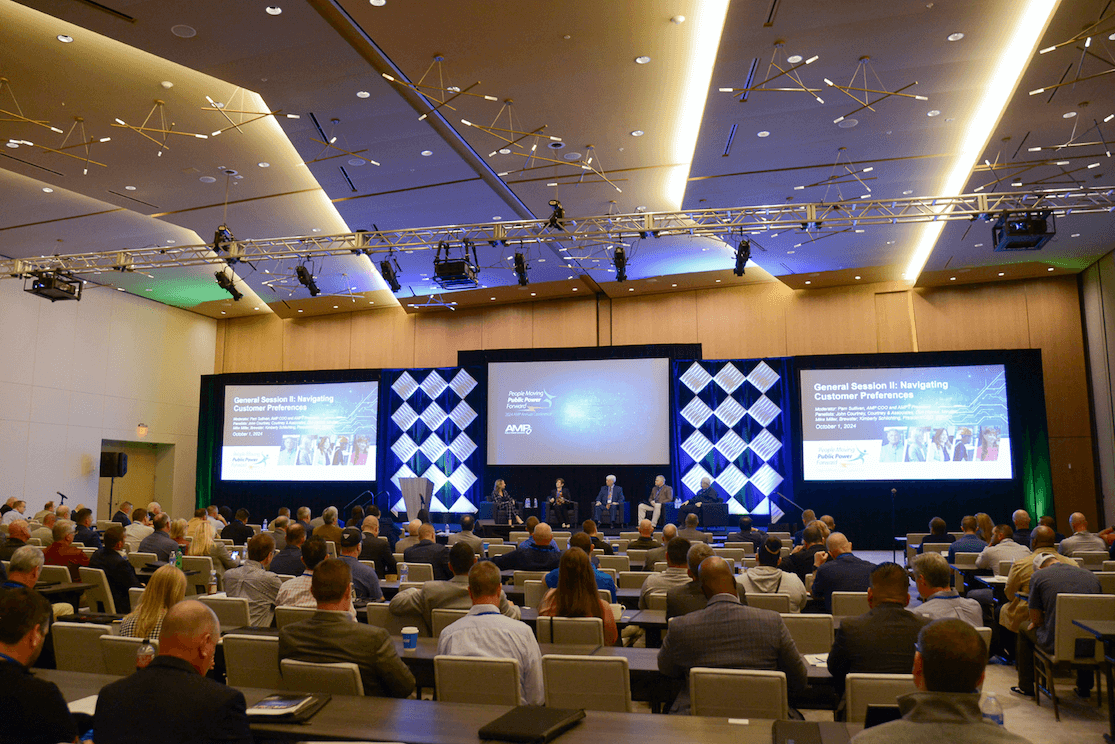
The AMP Annual Conference provides an opportunity to learn from industry experts and network with peers. It attracts more than 350 elected officials, utility executives and staff from Member communities, as well as AMP staff, consultants and Municipal Electric Partners.
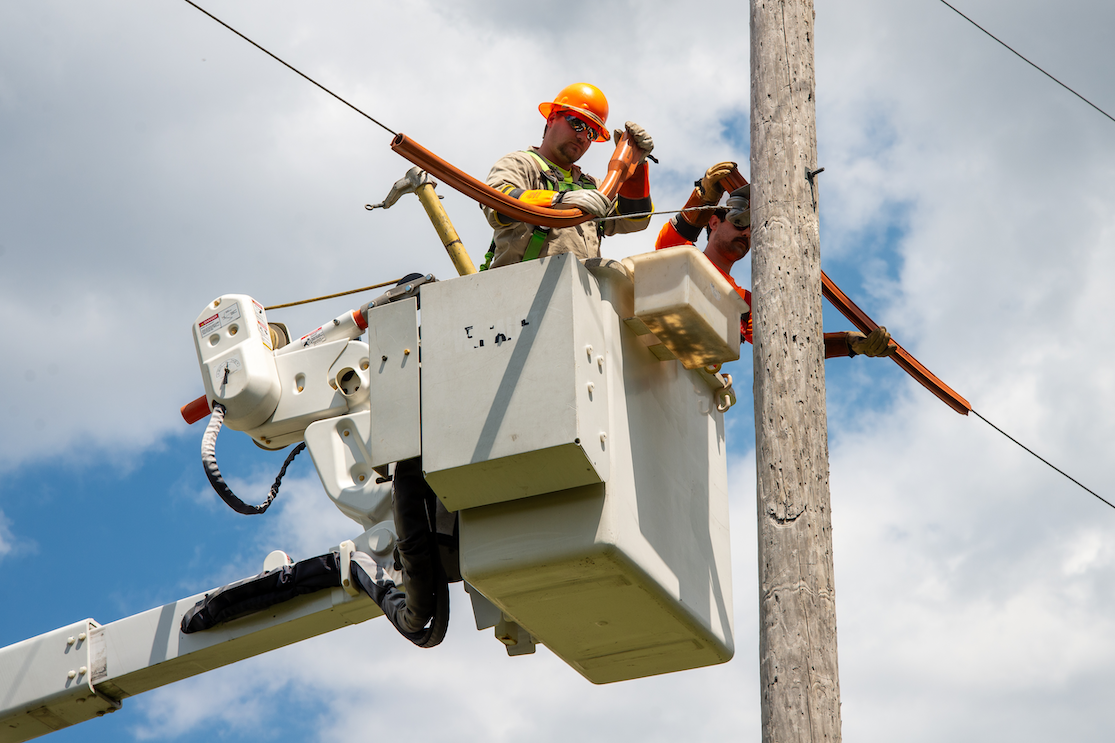
The Circuit Rider program offers AMP Member communities the services of an experienced, qualified field superintendent.

The subscription-based smart thermostat program aims to enable AMP Members to combat increasing transmission and capacity charges by reducing their system peak demands.

AMP provides a number of projects, programs and awards to aid Members in promoting the value of public power in their communities.
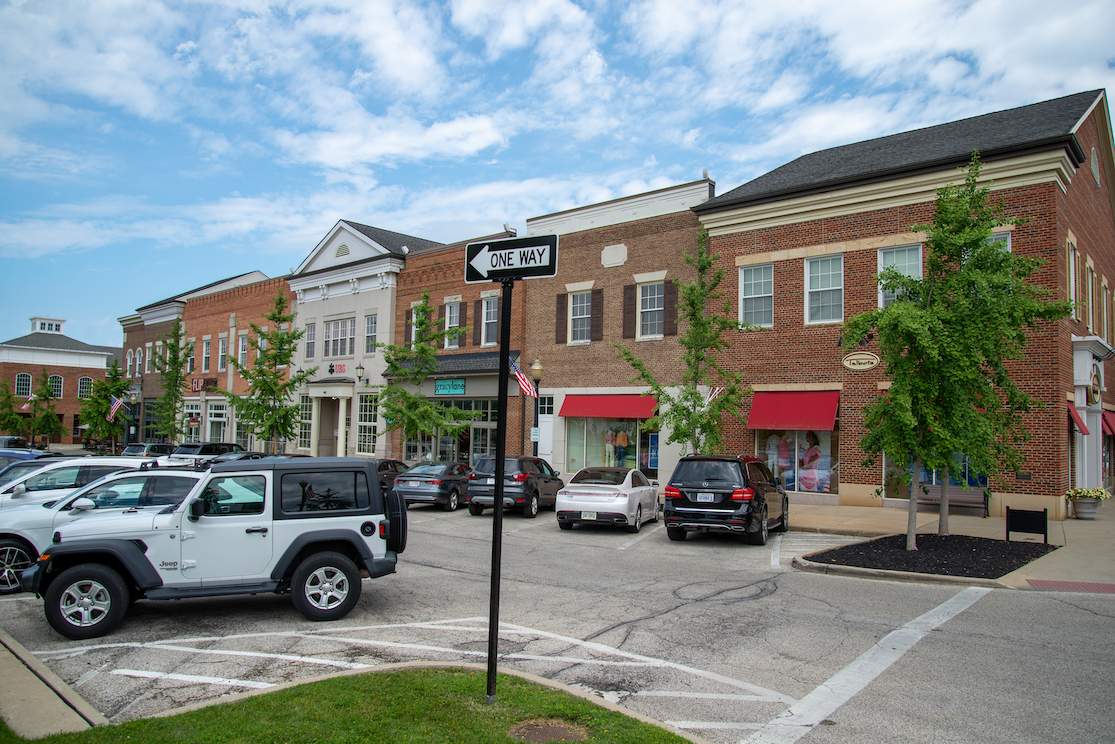
AMP offers support to Member communities in attracting new businesses and retaining existing business relationships, such as with key accounts.
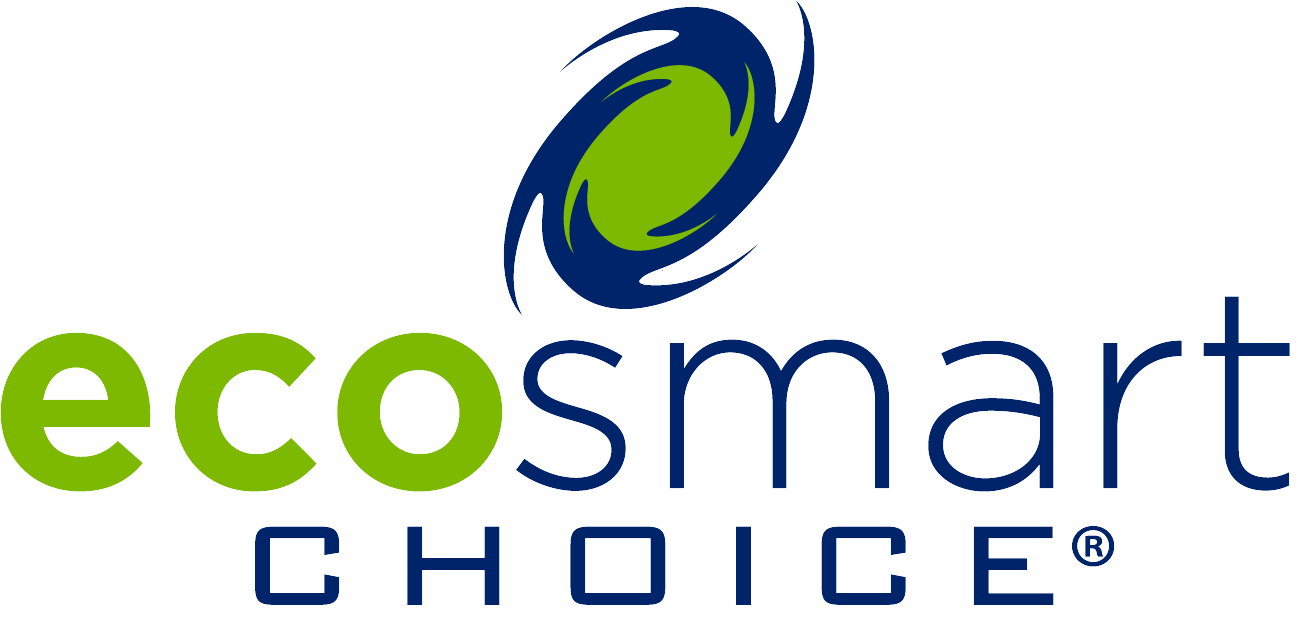
AMP offers its EcoSmart Choice® green-pricing program, which allows customers of participating AMP Members to support renewable energy development.

AMP offers energy efficiency and peak reduction services for AMP Members through its Efficiency Smart® program.